Emotions are a part of our lives. It plays a significant role in determining our state of mind. We all feel sad when something is not going our way or when we experience mood swings. Many a time, one can’t tell the difference between sadness and depression.
Like failing an exam, not getting a job, getting divorced or financial issues – these affect our mood and trigger sadness. Sadness is an emotional state and is considered a normal response to any unfavorable or painful situations we may encounter in our daily lives.
The intensity of sadness may vary depending on the life event we experience. For instance, when we lose a pet, the intensity of sadness we feel is greater than what we would feel if we lose a pen.
Let’s explore the difference between sadness and depression.
Related: The 7 Physical Signs of Extreme Sadness
What Is The Difference Between Sadness and Depression?
Depression is a mental health condition characterized by extreme sadness that interferes with the daily functioning of our lives. Whereas sadness is an emotion that everyone experiences.
However, an individual with depression experiences multiple symptoms such as constant feelings of sadness, irritability, or suicidal thoughts.
If left untreated, depression can last longer. One report found that an estimated 17.3 million (7.1%) adults in the United States had at least one major depressive episode. Sadness and depression often go hand in hand. Hence it is essential to understand the difference between sadness and depression.
Read on to know the differences between sadness and depression.
5 Differences Between Sadness and Depression
1. Depression lasts longer than sadness.
Sadness is a temporary emotion that fades with time. It can last for a few hours before it starts to fade or decrease. Even during the sad phase, there may be moments where you may feel okay. During this, you are able to enjoy the things you love like listening to music, read, or go out with your friends.
However, depression is a persistent feeling of sadness. The individual experiencing it finds it difficult to snap out of it. It lasts longer than sadness and you tend to experience other symptoms such as anxiety or suicidal thoughts.
Depression tends to define your entire day and you feel like you can never feel better or happy again.
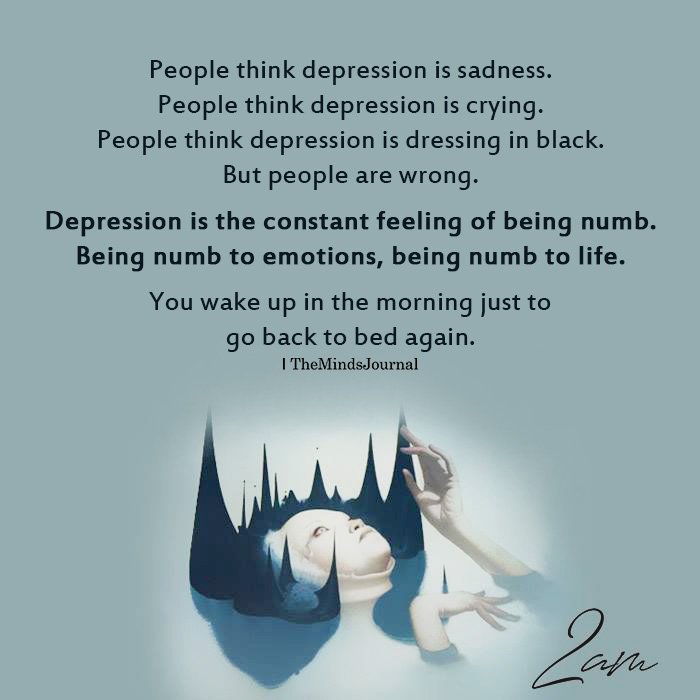
2. Sadness is an emotional reaction while depression is an abnormal mental state
This is one of the most important differences between sadness and depression.
Emotions are a normal part of our lives. We all experience happiness, sadness, anger, frustration, disappointment almost every day. Sadness is a natural and healthy emotional response to any unfavorable situation.
We feel sad when we have a fight with a parent or a friend. We feel sad when things don’t go the way we want.
However, depression is a mental health condition that requires treatment and therapy. The major difference between sadness and depression is that depression occurs for no apparent reason.
You tend to feel upset out of the blue and you can’t quite understand why. They experience a lack of concentration and have negative thoughts about their future. They feel helpless and out of control of their emotions
Loss of a loved one may trigger depression as well. However, it is difficult to distinguish between grief and depression since symptoms such as lack of sleep or loss of appetite are a part of the grieving process.
People who are grieving tend to accept the love and support from family or friends but people with depression tend to isolate themselves and refuse help.
In addition to this, depressed individuals experience feelings of guilt or shame. But sad or grieving individuals may not experience the same.
Related: 5 Things To Do If You Feel Depressed For No Reason
3. Sadness is an emotion while depression is a mental illness
Sadness is a basic human emotion. Sadness is an essential part of our journey through life because without feeling sadness you may never know what happiness feels like. It may even prove helpful in difficult life experiences such as break up or rejection.
Depression is a mental illness characterized by persistent sadness for no apparent reason. It may also significantly interfere with the individual’s day-to-day functioning. A person who is depressed must experience depressive symptoms for at least two weeks.
Some of the depressive symptoms may include:
- Lack of motivation
- Disruptive sleeping patterns and eating patterns
- Lack of concentration
- Feeling worthless
- Suicidal thoughts or tendencies
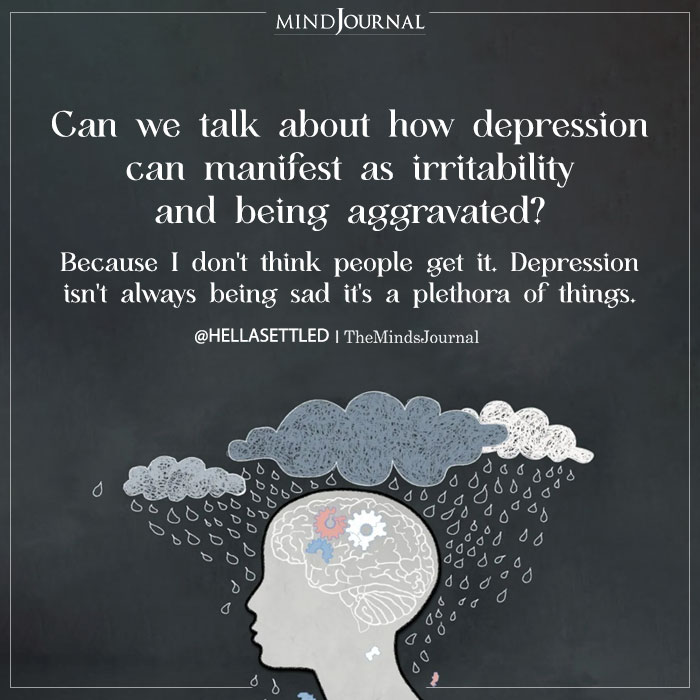
4. Sadness is personal while depression is diagnosable
Sadness is personal and this emotion is entirely dependent on you. It is completely subjective and independent. Depression is diagnosable and has set criteria that an individual has to fulfil.
The time period is not the only criteria. In addition to this, a specific number of symptoms are required for an official diagnosis.
Some of the criteria can include:
- Feeling depressed throughout the day
- Lack of interest in the activities you once enjoyed
- Extreme fatigue
- Disruptive sleeping and eating patterns
5. Sadness is temporary while depression is permanent
This is another major difference between sadness and depression.
Sad thoughts are temporary. Your mood can swing from happy to sad in seconds or hours. Even when you are sad, you can go about your day normally. However, if you have clinical depression, you may find it difficult to endure life.
Depression is more permanent and requires treatment. If left untreated, it can have dire consequences. Depressed people have suicidal thoughts and tendencies as well. Studies suggest that the risk of suicide has been estimated to be 5% to 8% for several mental disorders such as depression or substance use disorders.
Related: 5 Ways To Eliminate Sadness from your Life
When does sadness turn into depression?
Although sadness is an emotional response, it is important to be aware of the signs of sadness that turn into depression. These symptoms can significantly impact one’s life and interfere with their daily functioning.
Some of the signs of sadness and clinical depression include:
- Constant feelings of sadness
- Feeling hopeless
- Lack of interest in activities that were once enjoyed by the individual
- Feeling guilty or unworthy
- Fatigue
- Irritability
- Physical symptoms such as headache, body ache or digestive distress
- Suicidal thoughts or tendencies
- Changes in sleeping and eating patterns
- Lack of concentration
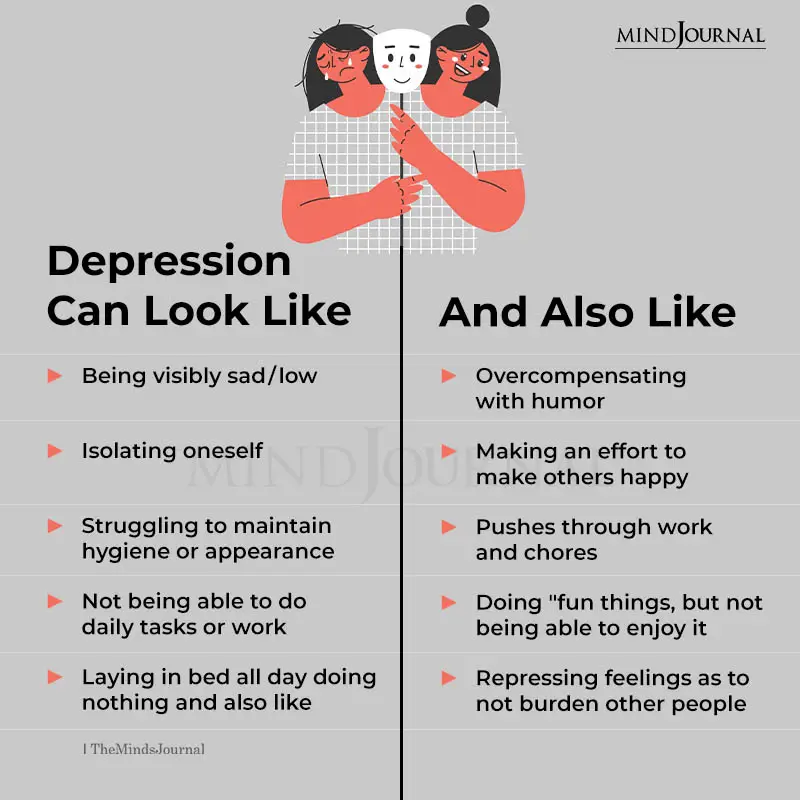
Sadness vs depression
You know what the difference between being sad and depressed is?
Sadness is a temporary emotion and can often be overcome with certain lifestyle adjustments. In case you experience these symptoms for more than two weeks, it is essential to seek professional help. The sooner you realize, the easier it is to change the situation.
Depression is a mental health condition that can be treated with medication and therapy. Taking control of depression requires effort and determination. Including physical activity in your daily routine or focusing on doing the things you love can go a long way to improve your mood and mental health.
We all experience times in our lives when we feel miserable. We wake up not wanting to leave the bed or feeling listless. If you’re going through something similar, try to seek support from someone you trust.
Sharing and talking to someone always helps. Also, understanding the differences between sadness and depression can really help in your healing and recovery.
Frequently Asked Questions (FAQs)
What are the 3 levels of depression?
There are three main levels of depression: Mild, Moderate and Severe. Mild depression refers to constant sadness, moderate depression is low mood, sleep difficulties and some other physical symptoms. Whereas severe depression includes feelings of hopelessness, guilt even suicidal tendencies.
Is there a minor depression?
Minor depression also known as mild depression is a mood disorder that is not as severe as major depressive disorder. However, the symptoms are noticeable and can affect an individuals day to day life.
What is the most severe form of depression?
Clinical depression, often known as major depression, is a more severe form of depression. It’s characterized by a chronic low mood or a loss of interest in activities, which can make everyday living difficult.
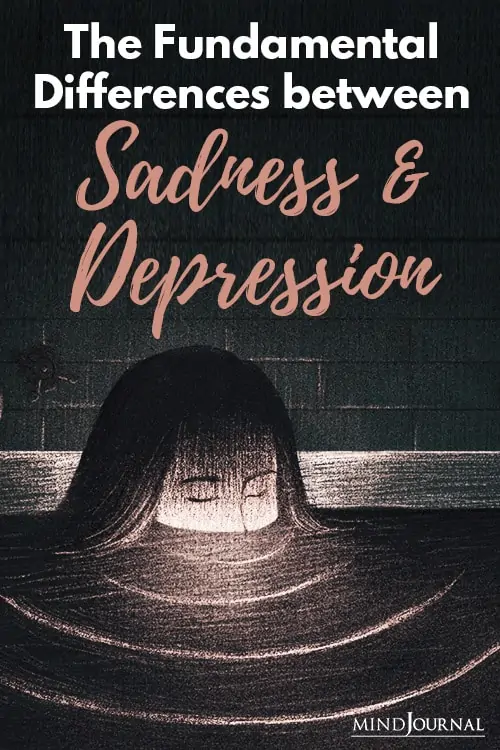
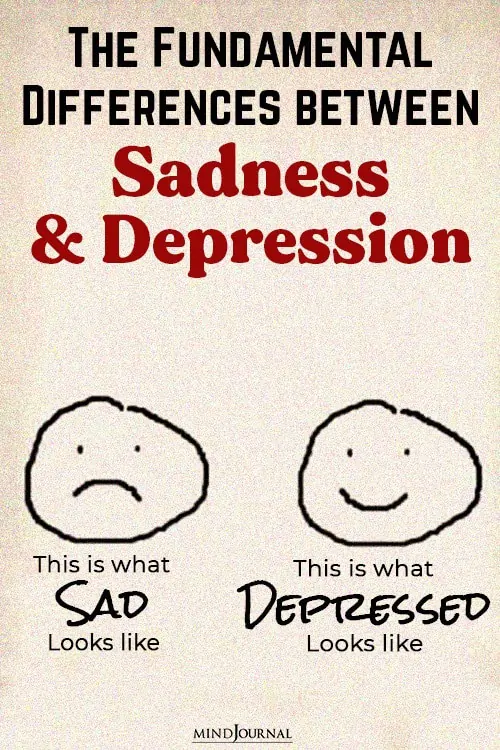
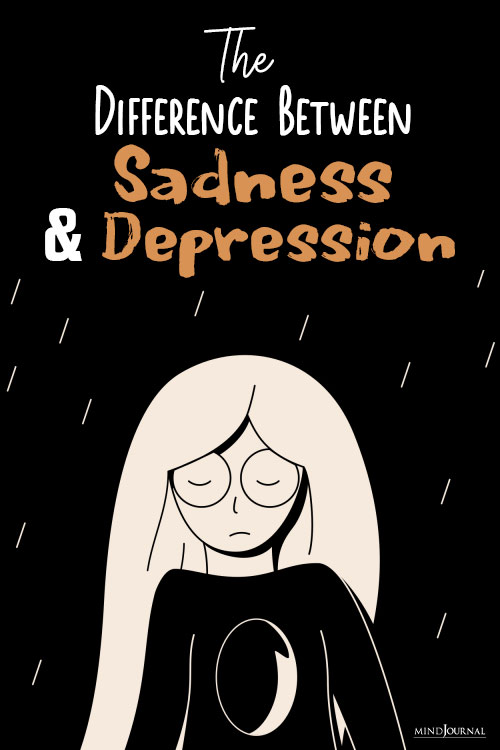
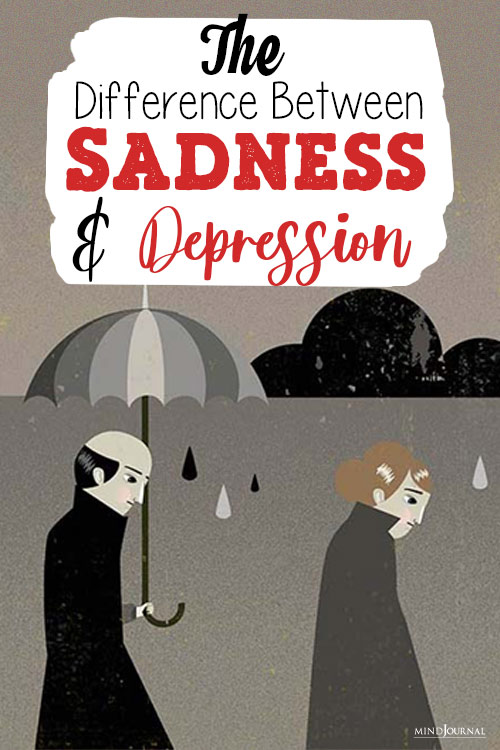
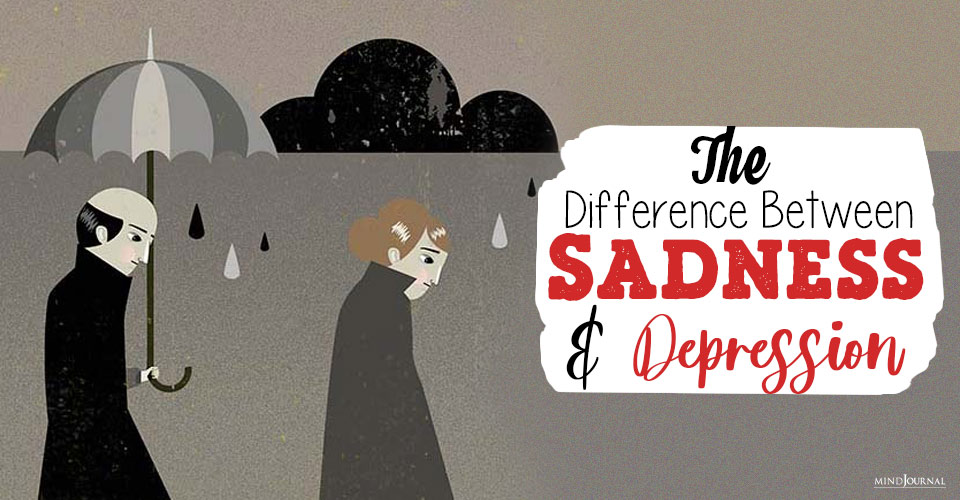


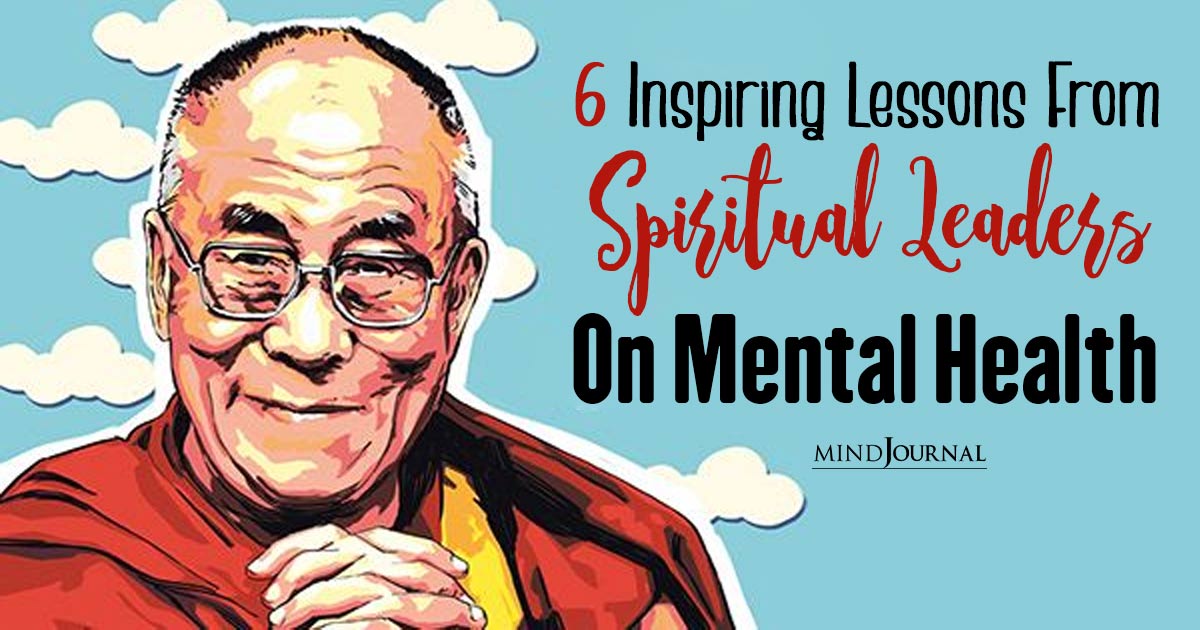
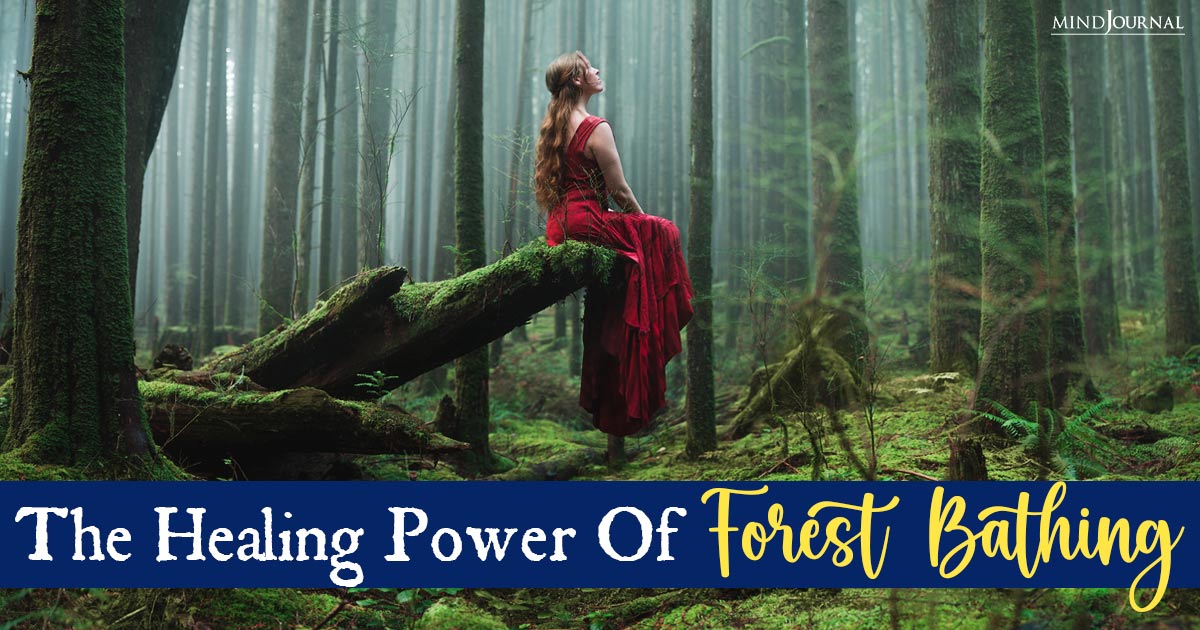
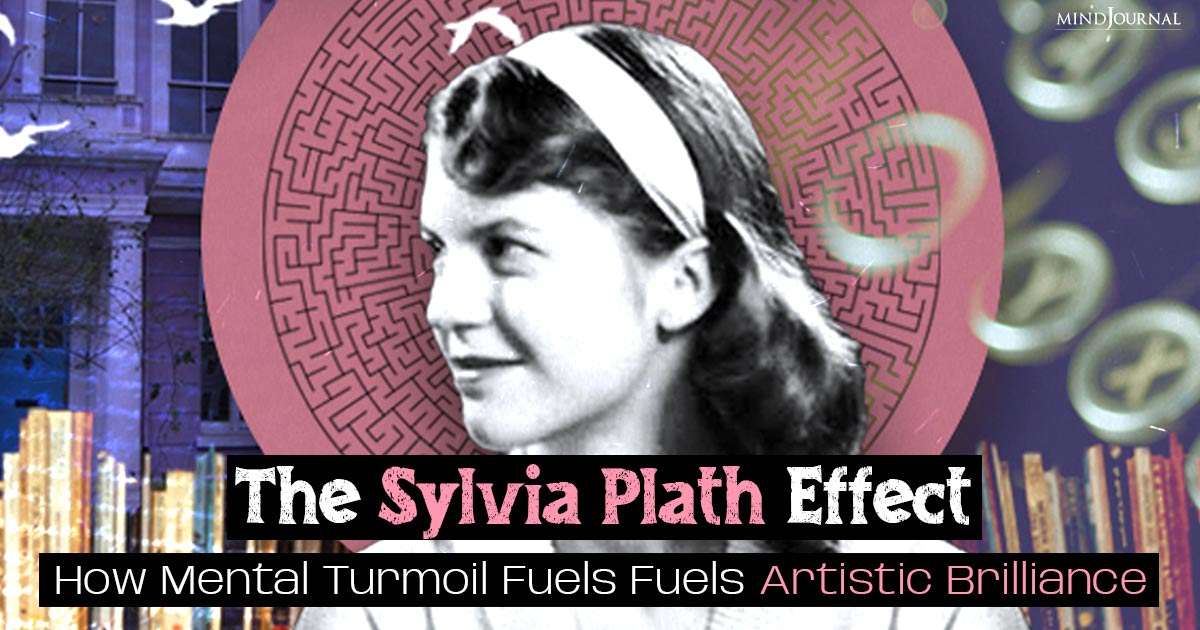

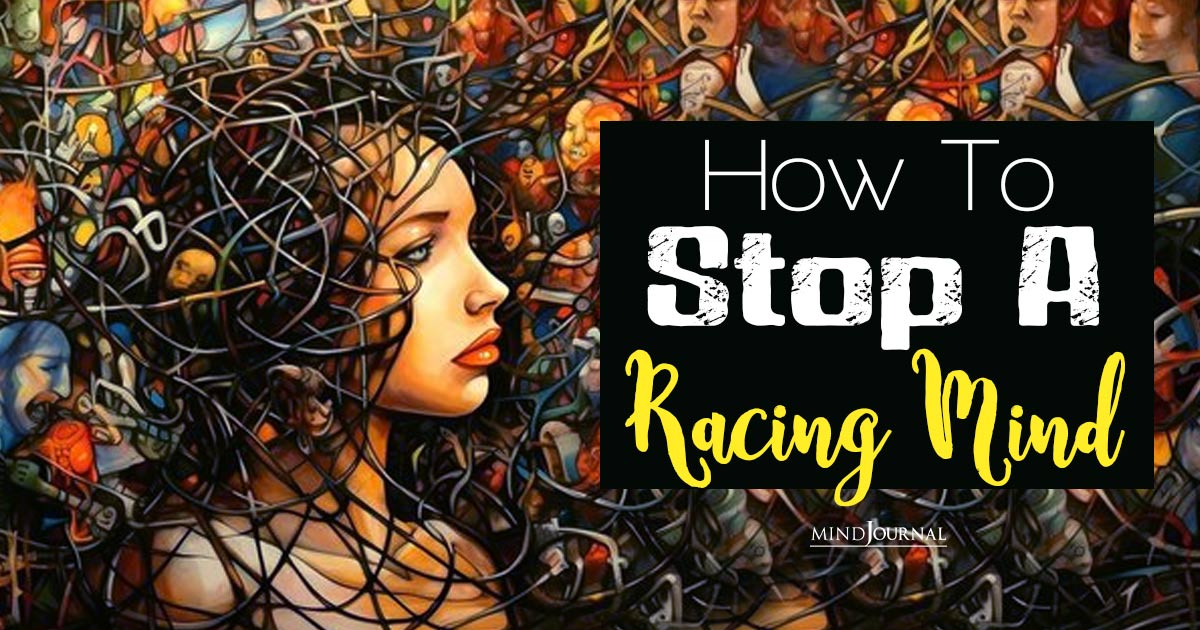
Leave a Reply
You must be logged in to post a comment.